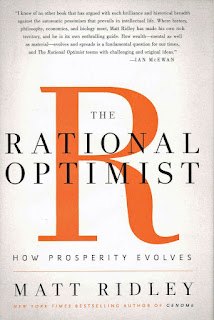Week 26: The Weirdstone of Brisingamen

The Weirdstone of Brisingamen , by Alan Garner Alan Garner isn't terribly well-known right now, but he is one of the eminent names in British children's fantasy, and he is very well worth reading. He tends to be a little more difficult than, say, Lloyd Alexander or Susan Cooper, and would really appeal to a kid who loves epic fantasy in the tradition of Tolkien. His stories are always very grounded in some particular part of Britain and draw heavily on ancient folklore. This story is about Susan and Colin, who come to visit Alderley Edge in Cheshire (a real place). Susan has a little trinket heirloom, and it draws them into a battle between the good wizard Cadellin and the evil Grimnir. There is a sequel, the Moon of Gomrath, which is also excellent.








